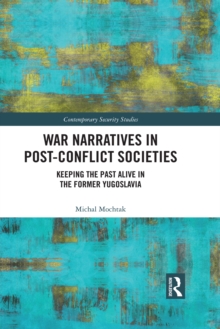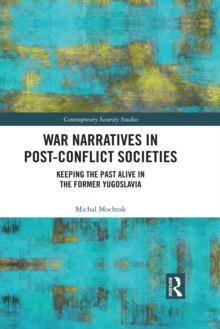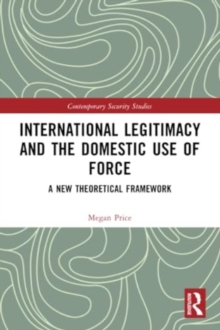
Crime-Terror Alliances and the State : Ethnonationalist and Islamist Challenges to Regional Security PDF
by Lyubov Mincheva, Ted Robert Gurr
Part of the Contemporary Security Studies series
Description
This book examines the trans-border connections between militant and criminal networks and the relationship between these and the states in which they operate. "Unholy alliances" is a term used to describe hybrid trans-border militant and criminal networks that pose serious threats to security in Europe and elsewhere.
Identity networks provide the basis for militant organizations using violent strategies – insurgency and terrorism – for political objectives.
To gain funds and weapons militant networks may establish criminal enterprises, or align with existing trans-border criminal and financial networks. This book extends the concept of unholy alliances to include the trans-state criminal syndicates that arise in failed and dysfunctional states, exemplified by Serbia and Bulgaria during their post-Communist transitions.
To deal with this complex and unconventional subject, the authors develop a theoretical framework that looks at four kinds of factors conditioning the interaction between the political and the criminal: trans-state identity networks, armed conflict, the balance of market opportunities and constraints, and the role of unstable and corrupt states.
The volume also examines actors at two levels of analysis: the structure and activities of militant (and/or criminal) networks, and the policies of state actors that shape and reshape the interaction of opportunities and constraints. This book will be of much interest to students of terrorism, insurgency, transnational crime, war and conflict studies, and IR in general.
Information
-
Download - Immediately Available
- Format:PDF
- Pages:252 pages, 5 Tables, black and white; 4 Line drawings, black and white
- Publisher:Taylor & Francis Ltd
- Publication Date:03/01/2013
- Category:
- ISBN:9781135132118
Other Formats
- Hardback from £145.00
- Paperback / softback from £44.79
- EPUB from £42.29
Information
-
Download - Immediately Available
- Format:PDF
- Pages:252 pages, 5 Tables, black and white; 4 Line drawings, black and white
- Publisher:Taylor & Francis Ltd
- Publication Date:03/01/2013
- Category:
- ISBN:9781135132118










